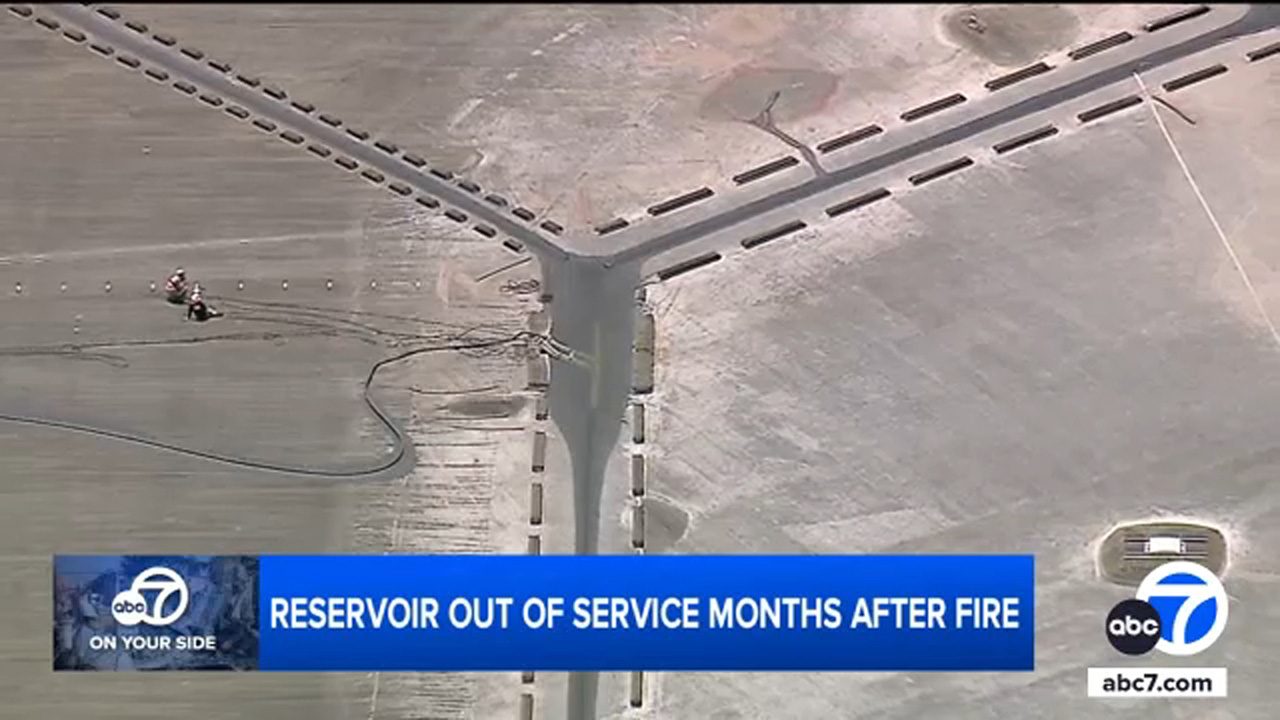Woman's sudden paralysis linked to rare J&J vaccine reaction, she says

HOUSTON -- A Houston woman spent 22 days in the hospital suffering from a rare disorder known as Guillain-Barré that she said her doctor determined was brought on as a result of a very rare reaction to her COVID-19 vaccine.
Jamie Walton said she has been very cautious throughout the pandemic because she is fearful of getting the virus. About three months ago, she got the Johnson & Johnson vaccine. Then, at the beginning of June, she said she started feeling numbness and tingling in her feet and hands.
"I know my body and I knew something wasn't right, so I kept trying to go to different doctors and I kept being told, 'You're dehydrated. You're fine,'" Walton said. "One doctor told me I had anxiety."
The otherwise healthy woman started falling and ended up paralyzed from the waist down and was not able to walk. She said she went to the emergency room twice and met with several doctors before she found out what was wrong.
"When this first happened, I honestly thought 'Am I dying?'" Walton recalled. "It's so weird when you have everything being taken away from you, and it was pretty fast moving up the legs to my hips to where I was numb, waist down, then the arms and the fingers."
Walton said it was her brother-in-law, who is a doctor, who determined she had Guillain-Barré.
Monday, the FDA updated the label on the company's vaccine to warn of the increased possibility of Guillain-Barré. The agency said it has not established that the vaccine causes the syndrome but noted an increase in reports of it.
The Centers for Disease Control and Prevention said that the Johnson & Johnson's vaccine may pose a "small possible risk" of Guillain-Barré, saying it has received reports of 100 people who got the shot developing Guillain-Barré. That number represents a tiny fraction of the nearly 13 million Americans who have received the one-dose vaccine.
According to the Mayo Clinic, the syndrome is rare and happens when the body's immune system attacks your nerves. Symptoms include numbness, tingling and weakness in your legs that spread to your upper body. Some report not being able to walk.
RELATED | US health officials flag 'small' reaction risk of Guillain-Barré with J&J vaccine

Walton checked in to Memorial Hermann Hospital, had a spinal tap to confirm and was there for 22 days. During that time, she was treated for the rare disorder and began regaining feeling in her lower body.
"If mine wasn't caught when it was and it got to my diaphragm, I could have been like a lot of these patients who are in the hospital on ventilators not able to talk, not able to move and there for a long, long time," Walton said.
She said she went to TIRR Memorial to learn how to walk again and do other basic movements.
"After analysis, they determined mine was definitely caused by getting the [Johnson & Johnson] vaccine," Walton said.
"I absolutely would still get the vaccine," Walton said. "I think that what I went through was horrible. I hope no one else ever has to go through that, but I would definitely take the vaccine again."
Walton said she self-reported her case to the CDC.
She hopes to raise awareness about Guillain-Barré, in general, not just associated to the vaccine.
"It's so rare that the doctors don't know what they are looking at," Walton said.











